'ORWELL, George' (i.e. Eric Arthur BLAIR, 1903-1950). Animal Farm. A Fairy Story . London: Morrison and Gibb Ltd. for Secker & Warburg, 1945. 8° (185 x 122mm). (Light browning and occasional light spotting.) Original cloth, the spine lettered in white, dustwrapper printed in green and grey on upper panel and lettered in white, the lower cover with publisher's list, the spine lettered in green, the verso of the dustwrapper partially printed with the 'Searchlight Books' series design (cloth a little faded at spine ends and edge, slightly rubbed at extremities, dustwrapper a little marked and rubbed at the extremities causing small losses and tears, spine neatly reinforced on verso, price-clipped). Provenance : J.C. Reid (inscription on front free endpaper). FIRST EDITION OF ORWELL'S GREAT SATIRE. Animal Farm sprang from Orwell's personal experience of the Soviet communists during the Spanish Civil War; as he wrote in the preface to the Ukranian edition, 'On my return from Spain I thought of exposing the Soviet myth in a story that could easily be understood by almost anyone and which could be easily translated into other languages. However the actual details of the story did not come to me for some time until one day [...] I saw a small boy, perhaps ten years old, driving a huge cart-horse along a narrow path, whipping it whenever it tried to turn. It struck me that if only such animals became aware of their strength we should have no power over them, and that men exploit animals in much the same way as the rich exploit the proletariat' (quoted in Fenwick George Orwell p.97). From this starting point Orwell developed his allegory of the Russian Revolution, changing the historical facts at some points for the purposes of his fable, but incorporating other events into the text as they occurred in the course of its composition, such as the Tehran Conference of November 1943 between Stalin, Roosevelt and Churchill. Although written swiftly between November 1943 and February 1944, Animal Farm was not published until 1945. Orwell initially offered the work to Victor Gollancz whom he was contracted to, but, as Orwell had predicted, Gollancz rejected it on political grounds because it was perceived to be too overt a criticism of Britain's Soviet Allies and did not accord with Gollancz's personal pro-Soviet sympathies. Several other publishers rejected the book -- including Jonathan Cape and Faber and Faber (despite T.S. Eliot's judgement that it was 'a distinguished piece of writing' (Fenwick op . cit ., p.94), and bore comparison with Gulliver's Travels ) -- before it was accepted by Secker and Warburg in October 1944; however the paper shortages of the war era and its immediate aftermath delayed publication, and it was not issued in the first edition of 4,500 copies until August 1945. Fenwick George Orwell A.10a.
'ORWELL, George' (i.e. Eric Arthur BLAIR, 1903-1950). Animal Farm. A Fairy Story . London: Morrison and Gibb Ltd. for Secker & Warburg, 1945. 8° (185 x 122mm). (Light browning and occasional light spotting.) Original cloth, the spine lettered in white, dustwrapper printed in green and grey on upper panel and lettered in white, the lower cover with publisher's list, the spine lettered in green, the verso of the dustwrapper partially printed with the 'Searchlight Books' series design (cloth a little faded at spine ends and edge, slightly rubbed at extremities, dustwrapper a little marked and rubbed at the extremities causing small losses and tears, spine neatly reinforced on verso, price-clipped). Provenance : J.C. Reid (inscription on front free endpaper). FIRST EDITION OF ORWELL'S GREAT SATIRE. Animal Farm sprang from Orwell's personal experience of the Soviet communists during the Spanish Civil War; as he wrote in the preface to the Ukranian edition, 'On my return from Spain I thought of exposing the Soviet myth in a story that could easily be understood by almost anyone and which could be easily translated into other languages. However the actual details of the story did not come to me for some time until one day [...] I saw a small boy, perhaps ten years old, driving a huge cart-horse along a narrow path, whipping it whenever it tried to turn. It struck me that if only such animals became aware of their strength we should have no power over them, and that men exploit animals in much the same way as the rich exploit the proletariat' (quoted in Fenwick George Orwell p.97). From this starting point Orwell developed his allegory of the Russian Revolution, changing the historical facts at some points for the purposes of his fable, but incorporating other events into the text as they occurred in the course of its composition, such as the Tehran Conference of November 1943 between Stalin, Roosevelt and Churchill. Although written swiftly between November 1943 and February 1944, Animal Farm was not published until 1945. Orwell initially offered the work to Victor Gollancz whom he was contracted to, but, as Orwell had predicted, Gollancz rejected it on political grounds because it was perceived to be too overt a criticism of Britain's Soviet Allies and did not accord with Gollancz's personal pro-Soviet sympathies. Several other publishers rejected the book -- including Jonathan Cape and Faber and Faber (despite T.S. Eliot's judgement that it was 'a distinguished piece of writing' (Fenwick op . cit ., p.94), and bore comparison with Gulliver's Travels ) -- before it was accepted by Secker and Warburg in October 1944; however the paper shortages of the war era and its immediate aftermath delayed publication, and it was not issued in the first edition of 4,500 copies until August 1945. Fenwick George Orwell A.10a.
.jpg)
.jpg)
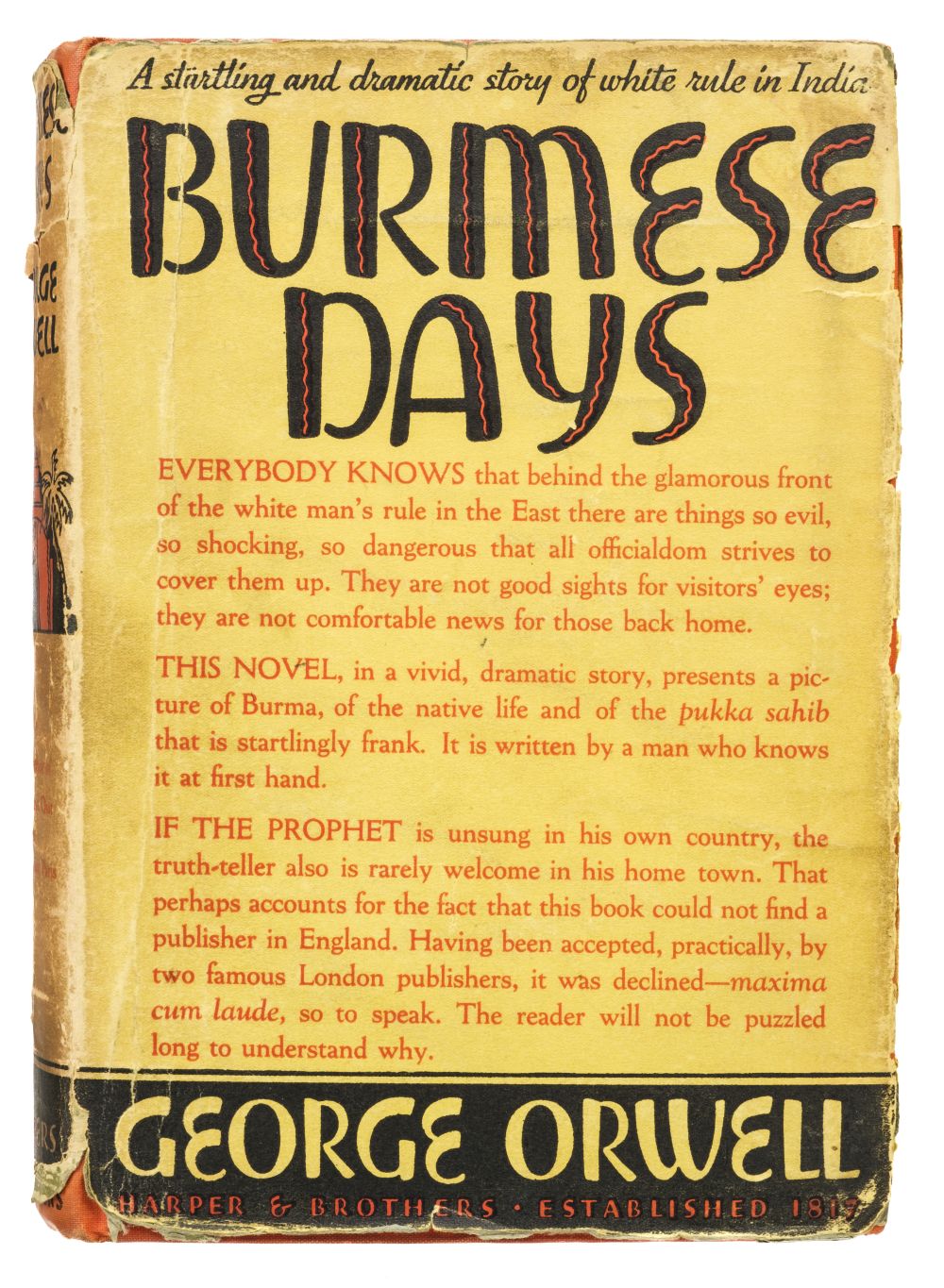

.jpg)
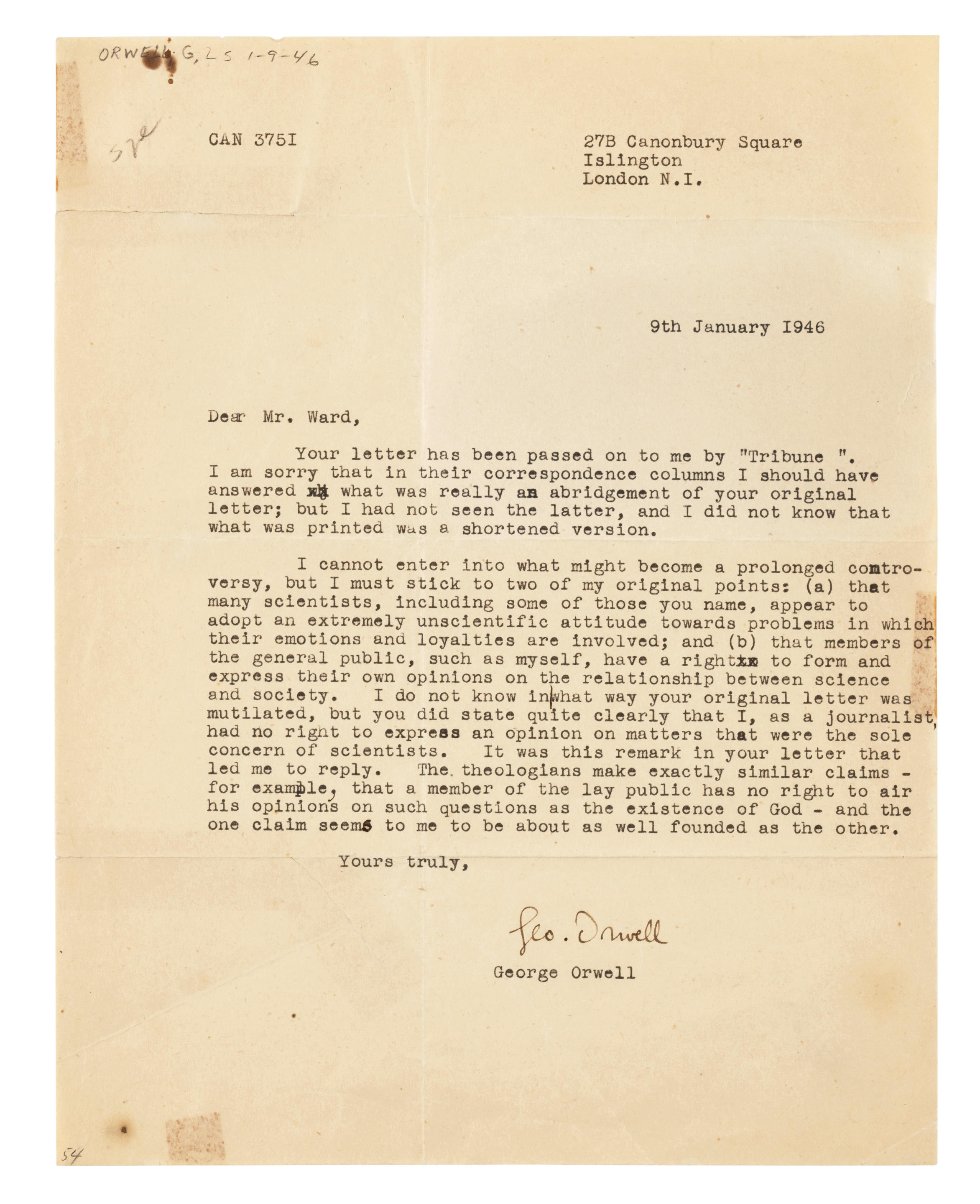

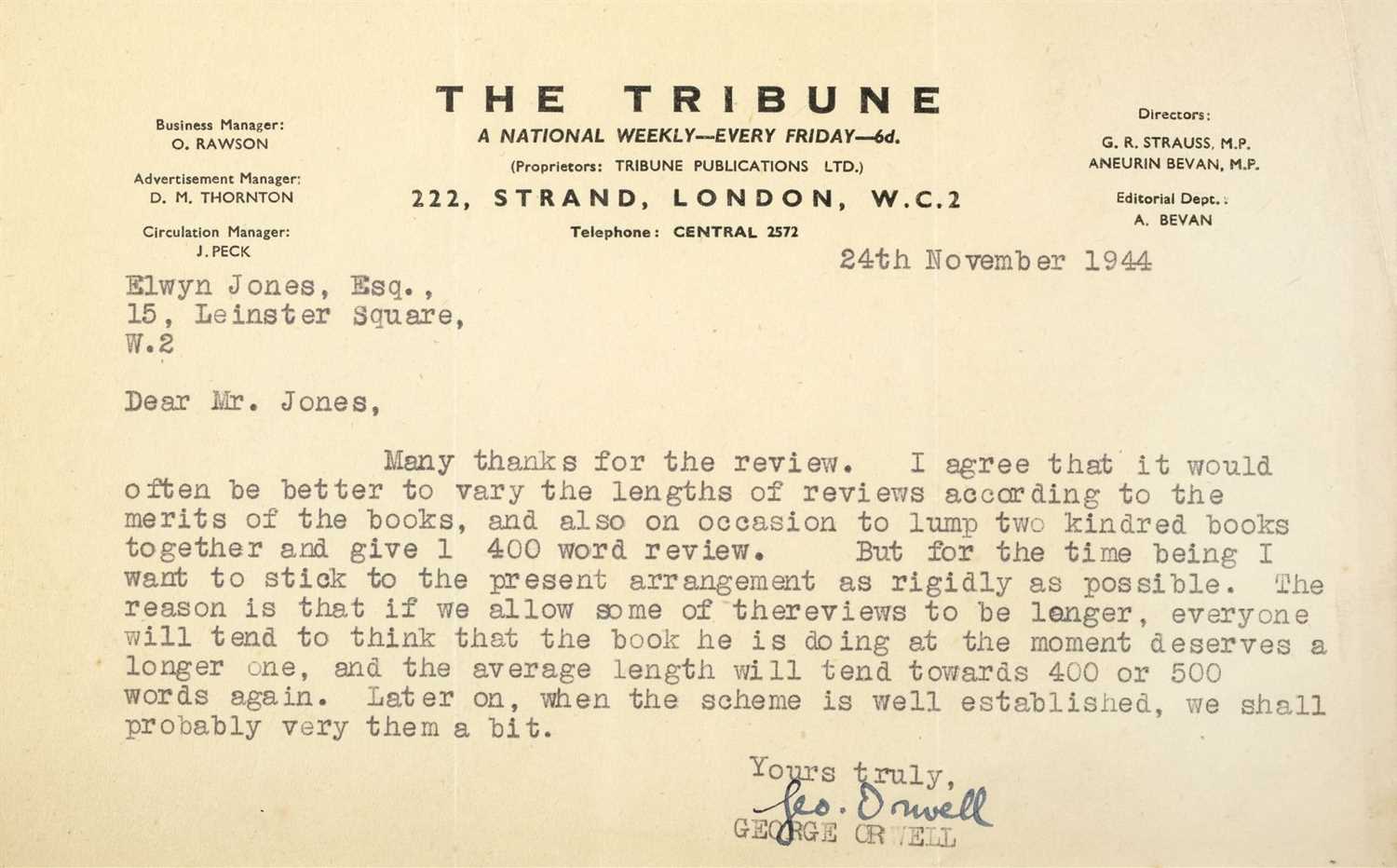

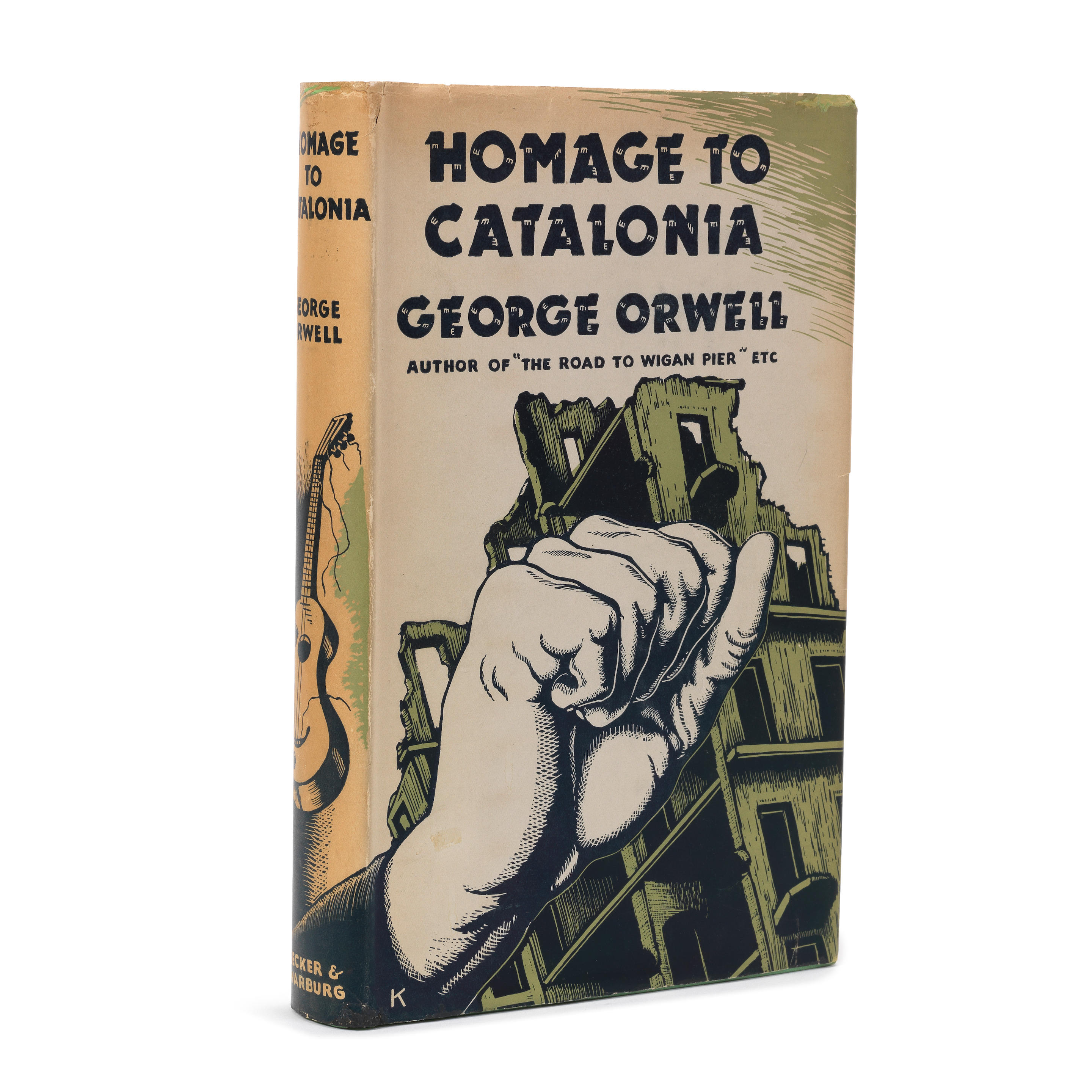

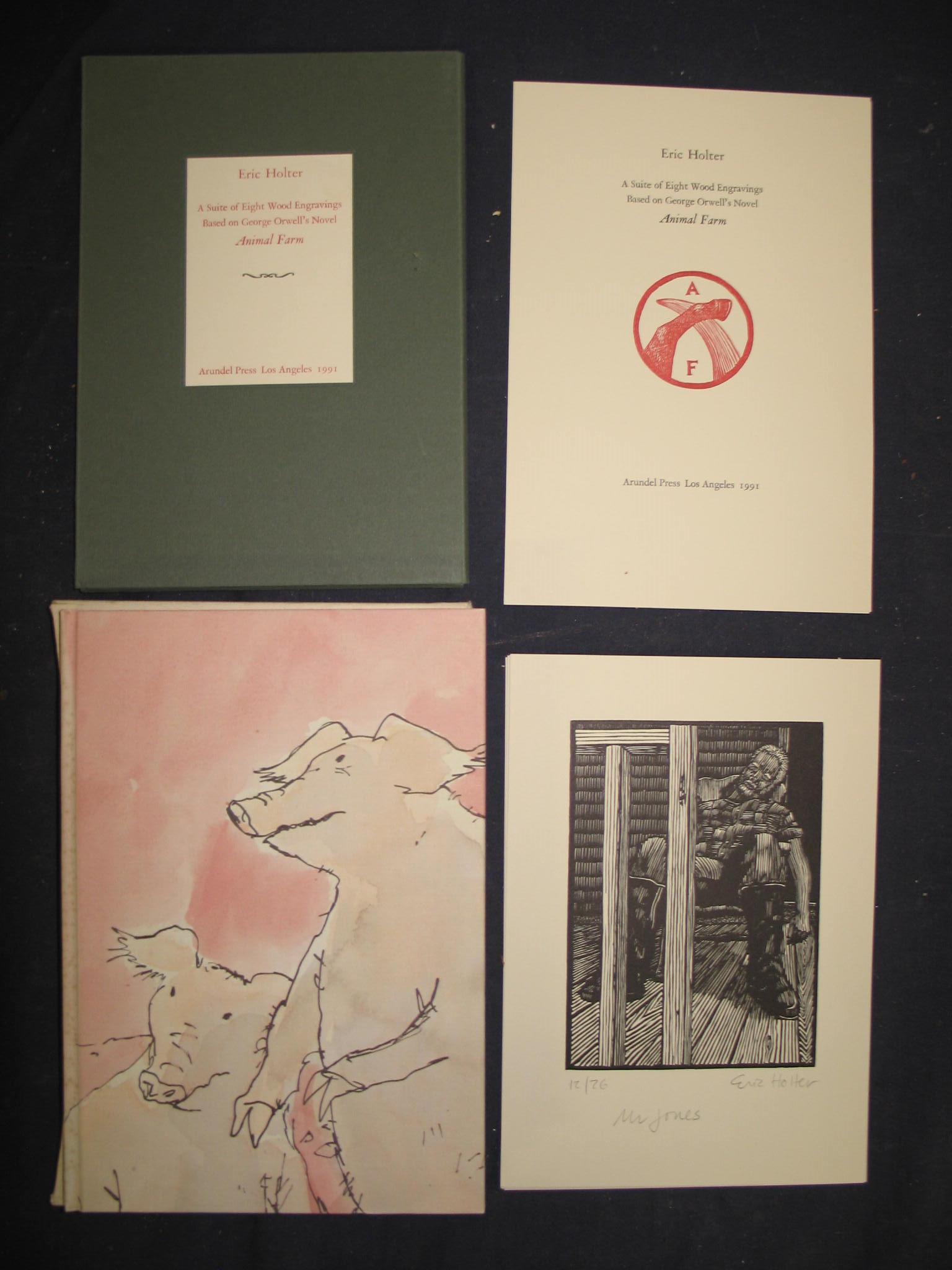


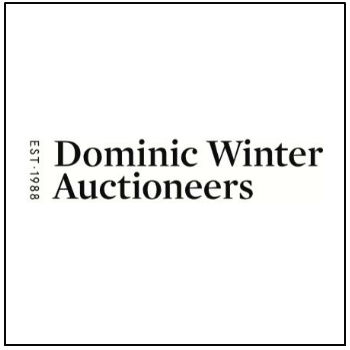
Testen Sie LotSearch und seine Premium-Features 7 Tage - ohne Kosten!
Lassen Sie sich automatisch über neue Objekte in kommenden Auktionen benachrichtigen.
Suchauftrag anlegen